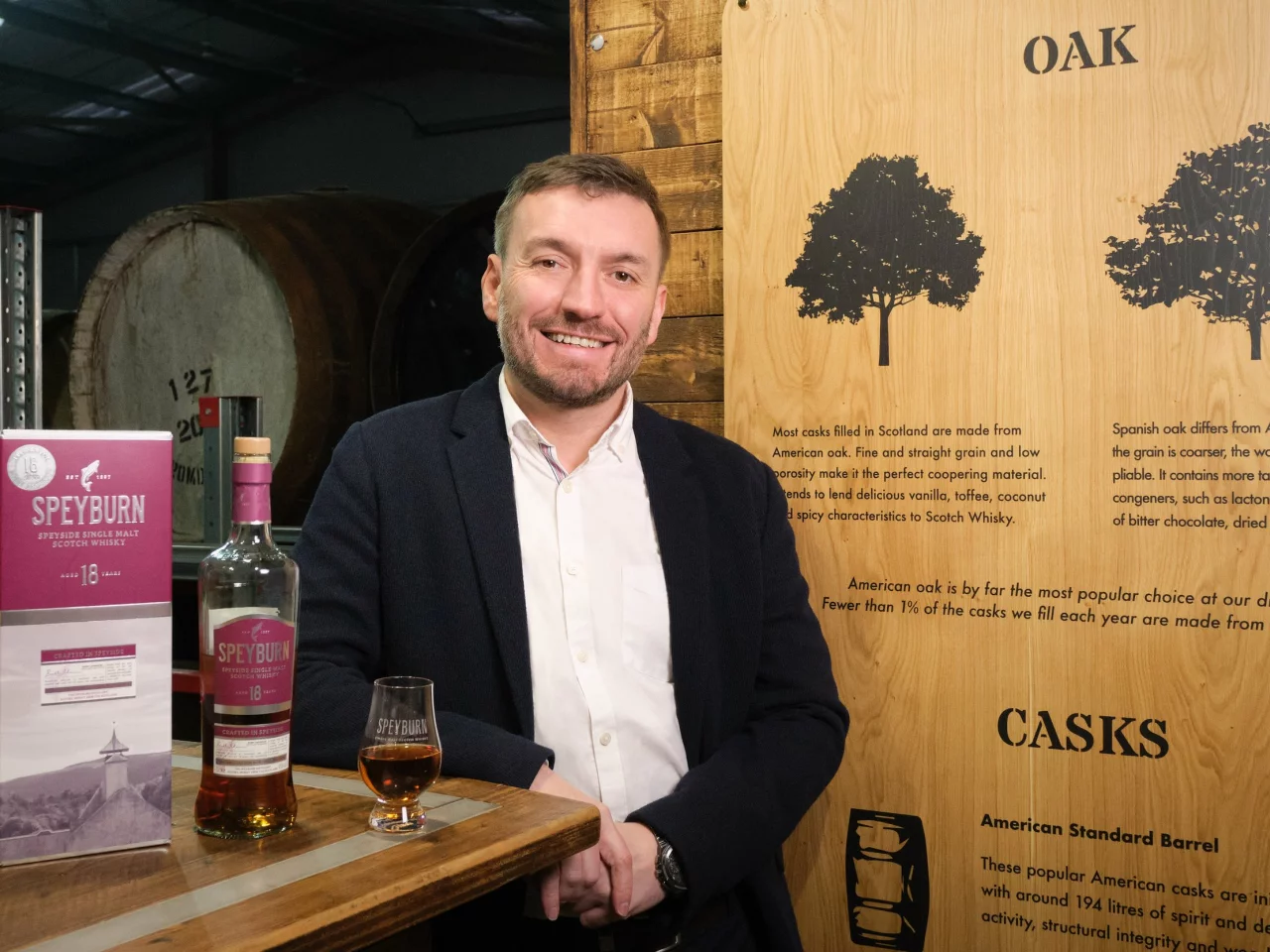'Sustainable Scotch: nothing worth doing is easy' by Sean Priestley
01.11.23

A decade or so ago, I’d struggle to remember a single meeting in which the word sustainability made it onto the agenda. It’s not that the industry didn’t care about the environment. It just wasn’t a topic that was much talked about.
Fast forward a few years and how different things are. Sustainability isn’t just on the agenda, it’s at the top, and rightly so. We are an industry that uses water, energy and grains to produce our products and we urgently need to find more efficient ways to do this to reduce our impact on the planet. Not just because it’s what consumers want, but because it’s our responsibility as businesses to do the right thing.
Every week there are announcements about the latest green ideas and initiatives, which is good news for everyone. I’m proud to see our industry pull together and in the same direction behind the Scotch Whisky Association’s sustainability strategy and targets. And I’m even prouder of International Beverage, which I joined in January 2022, whose teams have surprised me with just how advanced and quietly dynamic they have been in setting the sustainability bar very high across our five distilleries.
But back to agendas – and three points that I think are helpful to our business, and potentially to others, when it comes to sustainability planning.
Acknowledge it's difficult. Real change, the kind that produces measurable, significant reductions to emissions and improvements to your carbon footprint is not an easy process. It takes time, investment and a positive company-wide mindset to overcome complexity and challenges, of which there will be many. There are no quick fixes. A good example is our current trials of high gravity mashing to minimise water usage in production at our distilleries, without any compromise to our traditional processes or the character of our whiskies. It’s taking time and experimentation, there are set backs, but we will get there and it will be worth it.
Collaborate to innovate. There is a world of innovation and invention out there for producers looking to introduce new, greener ways of doing things. I am always open to meeting with start ups and pioneering businesses who want to work together to trial exciting new ideas. You never know when where the next big breakthrough will come from. It’s through collaboration with ground-breaking specialists in energy efficiency and clean fuel that led to our distillery Balmenach becoming one of the most sustainable in the Scotch whisky industry.
Listen to your makers. Good ideas come from the board room, but you might find even better ones out at production sites. Distillery teams have a deep knowledge of their process and the surrounding environment. And when I joined International Beverage, I was impressed by the company’s backing of brilliant sustainability projects that grew from the grass roots up. Knockdhu’s wetlands, which treat distilling co-products next to the distillery; and Pulteney partnership in Wick’s pioneering District Heating Scheme to provide clean energy for the remote town and distillery are two great examples.